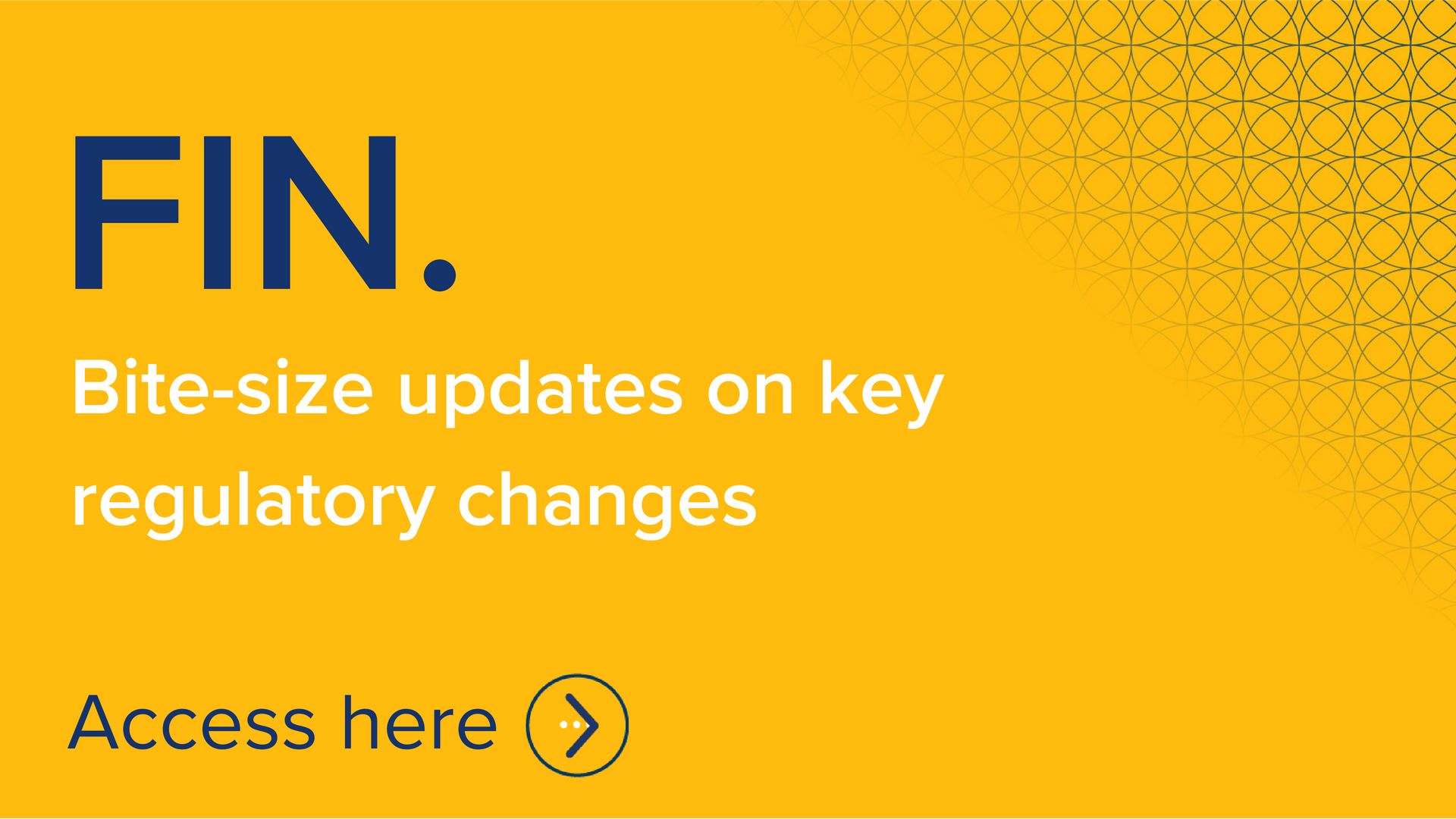
Following its initial consultation in Q2 this year (CP21/13), the FCA has published a second consultation on its plans for a new Consumer Duty (CP21/36). This second consultation expands on the FCA's proposals and also sets out feedback to the first consultation paper, together with the FCA's response.
As anticipated, the FCA received a large number of responses from a combination of firms, professional and trade bodies, service providers, academics, consumer organisations and individuals, all of which, unsurprisingly, saw the Consumer Duty as a significant undertaking. Many of the 235 respondents agreed with the concept of a Consumer Duty and the need for a "reset" but concerns were also raised, for instance about the proportionality and design of the proposals.
What is the Consumer Duty?
The new Consumer Duty is intended to set higher expectations for the standard of care that firms provide to consumers and will comprise three key elements:
- A new Consumer Principle (Principle 12) that would replace FCA Principles 6 and 7 for retail businesses and require firms to act to deliver good outcomes for retail customers (Principles 6 and 7 will continue to apply to firms dealing with wholesale or retail customers outside scope of the Consumer Duty). FCA has confirmed that the new Principle 12 will be: "A firm must act to deliver good outcomes for retail clients".
- Cross-cutting rules to help develop the standards of conduct expected under the Consumer Principle.
- Rules and guidance relating to the four outcomes the FCA wants to see under the Consumer Duty.
For more information on the FCA's first consultation paper on the proposed Consumer Duty, see our June article available here.
The second consultation
CP21/36 clarifies and expands on the FCA's proposals in a number of areas, including:
- Proposed scope – FCA is proposing that the scope of the Consumer Duty will be aligned to the existing scope of its sectoral sourcebooks, ie the scope of the Consumer Duty for insurance will follow the position in ICOBS, whilst for mortgages, the scope will follow the position in MCOB etc. The FCA has also confirmed that it intends the Consumer Duty to apply to prospective customers as well as a firm's existing customer base
- Retrospective application? Whilst the Consumer Duty will not apply to firms' past actions, the FCA intends for it to apply on a forward-looking basis to existing products and services that are either still being sold to customers, or closed products and services that are not being sold or renewed
- Duty of care? FCA does not agree that the ‘label’ Consumer Duty implies a legally enforceable obligation. The FCA has not branded the Consumer Duty as a ‘duty of care’ nor do its proposals comprise a ‘one-line duty’, rather, they are a package of measures specifically designed to tackle consumer harms, and their causes, more effectively
- Private right of action (PROA) – The responses to CP21/13 indicate that the PROA is one of the more controversial elements of FCA's proposals for a Consumer Duty. Most consumer organisations were in support of a PROA, whilst the majority of industry respondents were strongly against. In light of the concerns raised, the FCA is not intending to make a PROA available for the Consumer Duty at this stage. The regulator's view is that the existing redress framework is likely to be a more appropriate route for almost all consumers to seek redress and it is working closely with FOS to improve awareness of the existing regime. That said, FCA will keep the possibility of a PROA under review, including in light of the evidence it sees of firms’ embedding of and compliance with the Consumer Duty
- Monitoring – FCA expects firms to produce and regularly review MI on consumer outcomes which should be appropriate to the nature, scale and complexity of their business, considering the size of the firm, the products or services it offers and the consumer base it serves. The FCA also expects a firm’s board to deliver an annual report assessing whether it is acting to deliver good outcomes for its customers which are consistent with the Consumer Duty
- SMCR – FCA proposes to amend the SMCR individual conduct rules in COCON by adding a new rule requiring all conduct rules staff within firms to “act to deliver good outcomes for retail customers” where their firms’ activities fall within scope of the Consumer Duty. Where this new rule applies, the existing Rule 4, which requires conduct rules staff to “pay due regard to the interests of customers and treat them fairly” would not apply
- Timescales for implementation – FCA considers at this stage that firms should have until 30 April 2023 to fully implement the Consumer Duty but it is asking for views on this timescale. Firms are expected to be able to demonstrate progress when asked during this implementation period and the FCA intends to monitor firms and provide assistance where needed.
CP21/36 also includes draft non-Handbook guidance which sets out more detail for firms on what the Consumer Duty does and does not require (at Appendix 2). It also provides examples of good and bad practice on the four outcomes the FCA wants to see as a result of the Consumer Duty.
Next steps
The second consultation closes on 15 February 2022 and, as with the first paper, we expect the FCA will receive a large number of responses from a variety of stakeholders. The FCA intends to publish a policy statement with its final rules by 31 July 2022.
This article is for general information only and reflects the position at the date of publication. It does not constitute legal advice.





